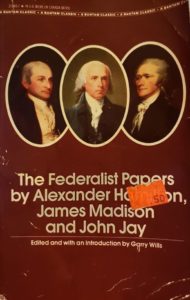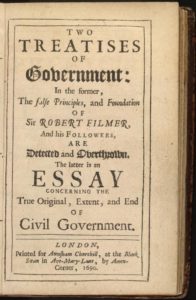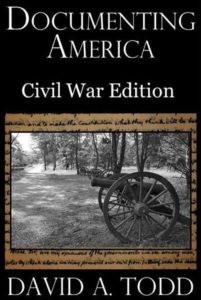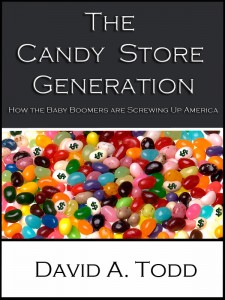Is it the shut down of normal life due to the corona virus that is causing people to be so angry of late, including me?
We all know that fights can break out on social media. The only social media I do is Facebook (well, I just joined Next Door but haven’t gotten into it). It’s easy to witness fights there. Yesterday a friend shared something about injection of medicine into someone’s lungs. The original poster (not my friend, but a person unnamed) said she was a respiratory therapist, and that, while President Trump’s recent disinfectant comments were poorly worded he was actually spot-on for what the treatment is and does. She wasn’t saying that an effective treatment of corona virus has been found, but that the president’s question was actually of something worth considering. To show that she has no political agenda, she said she has never voted and isn’t even registered to vote.
Enter an acquaintance—I won’t call him a friend—who used to attend church with me and the one who shared that post. He said this: “This person needs to shut the hell up!!!! Not registered to vote, won’t vote, your [sic] not neutral your [sic] a moron sheep that has no right to share their opinion. No vote, no whining about anything!!!” That struck me the wrong way. First off, the respiratory therapist wasn’t whining, just sharing some of her experience. Second, I wasn’t aware the First Amendment had been rewritten to allow free speech only to those who voted. That’s the sort of thing I would expect in China. I replied to his comment with those sentiments. He then responded:
Dave is your head up your ass?
Sue is a friend, dear friend we can disagree or discuss a topic with out your two cents for sure!!!
He and I aren’t Facebook friends (not sure why, just never connected after life took us in different directions) and it looks like we won’t be. If he doesn’t think the First Amendment applies to all, we have little in common politically.
The other item of anger that helped define my week was in real life, not on social media. I lost my cool with someone who pushed my buttons (not my wife!). I let my anger loose in a phone call when the person once again pushed my buttons, for perhaps the fifth straight pone call. This person has always pushed my buttons and I’ve always controlled my anger much better. This week I let it go. I’ve since sent an e-mail of apology, but haven’t heard back yet. The person doesn’t regularly check e-mail.
So what caused my outburst? Yes, my buttons were pushed. Not one button but three by this person, three issues raised where he/she criticized me and my wife. It’s been happening for years, and I had finally had enough. But has the shutdown/lock-down/stay-at-home movement had a negative effect on my ability to deal with negative people?
I just read a post where someone was critical of some teenage girls who were out on a trail by a river and lake yesterday dressed in skimpy bikinis, more thongs. I agree with the poster that I’d rather not see such sights. I started to post in agreement, then stopped. I decided it’s just not worth it and moved on.
Life is good. God is good. There’s no reason to dive into these negatives. Controlling my own behavior is what I’m called to do, not to fix stupidity or wrong-headedness in others.





